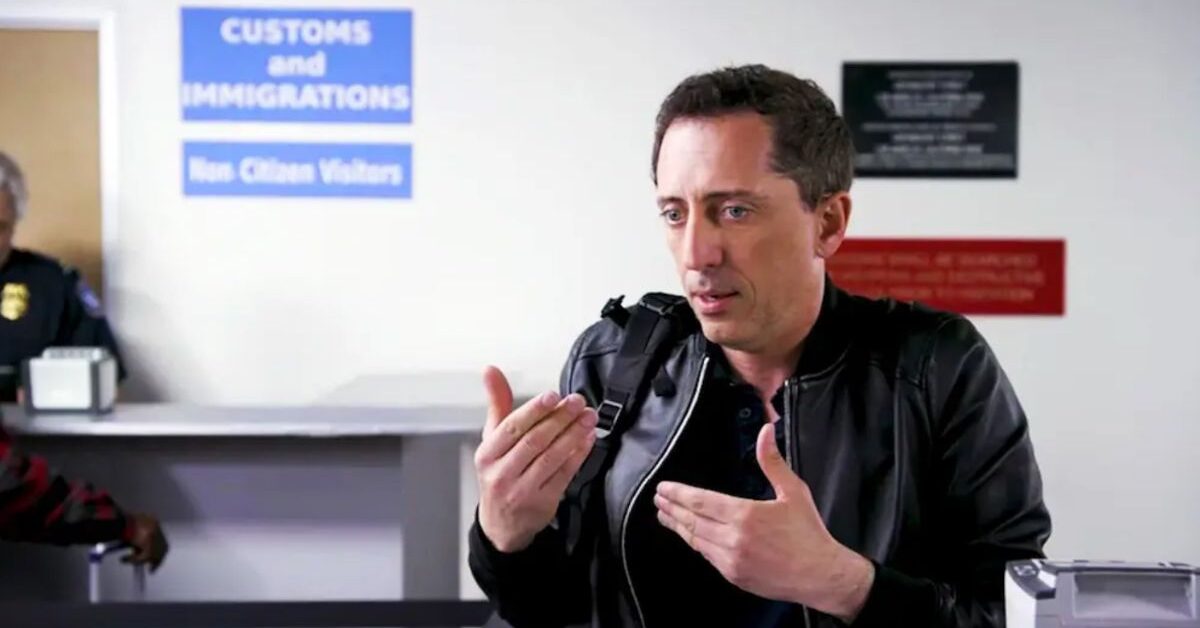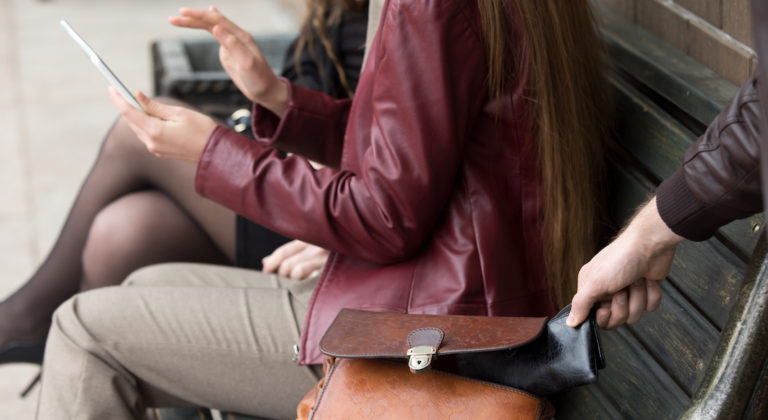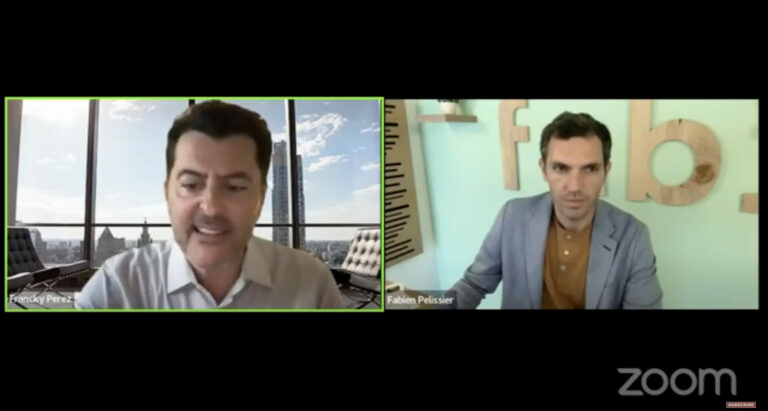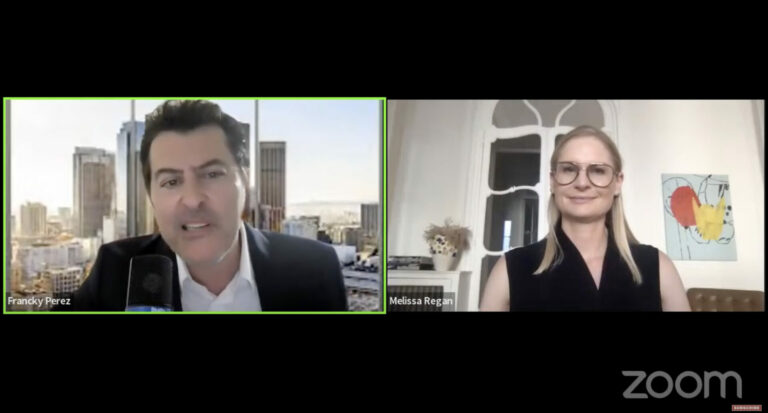You want your runny cheese so badly, but US customs will take it faster than you can say “camembert.” So what happens if you don’t declare at customs? If you’re considering clandestinely bringing goods into the US, know that it’s not without risk.
Customs and Border Protection (CBP), the federal agency in charge of US borders, takes their job very seriously. At the American border, everyone entering must provide details on all products coming into the US from abroad, specifically their value and country of origin. All this is indicated on the famous blue form distributed on the airplane back to the States.
So what products are we talking about? All products that aren’t considered personal effects. (Personal effects are items for personal use that you already owned before you left the US, like clothing, jewelry, your phone, etc.) You will need to declare merchandise purchased abroad, including souvenirs, presents — to yourself and to others — and food products. There are many restricted items that cannot be taken through customs, and there are also restrictions on how much of certain items you can bring through, so before you try and smuggle something in secretly, take a look at this article to find out if you even need to be smuggling it in the first place.
Option 1: What happens if you declare a contraband product
You didn’t read up on Frenchly about which products can come to the US, and now you’ve got some runny cheese in your purse, which isn’t allowed in. You are safe to declare it without fear of being reprimanded. But if even though “there is no penalty for declaring a prohibited item,” you still have to either abandon it voluntarily at customs, or you will have it confiscated.
Option 2: What happens if you don’t declare a contraband product
From here, there are two possible scenarios.
-
Scenario 1: You’re transporting this contraband product in non-commercial values (less than $2,500).
If you don’t declare your contraband products, or if you give false information about your contraband products, you will most certainly face consequences. According to section 592 of Customs Law, a fine of $300 will be given as a “spot penalty” for the non-declaration of a forbidden non-agricultural product, and the product will be confiscated. French Morning reached out to CBP for further commentary on this topic. CBP spokesperson Jason Givens added that travelers who refuse to pay the fine can ask to choose to have a hearing. “However, if there is a hearing the penalty could increase to $1,000 or more, depending on the item,” said Givens.
As for forbidden agricultural products (fruits and vegetables, meat, and all food made from animal and vegetable byproducts), which are susceptible to transporting parasites: If a person fails to declare, or makes an error in their declaration, or doesn’t declare at all, they can be charged with a civil penalty of up to $10,000.
-
Scenario 2: You’re transporting commercial quantities (more than $2,500 dollars).
In this case, the CBP uses article 542 — a section of title 18 in the United States Code of Law. Under article 542, a person transporting commercial qualities of undeclared goods can be charged with the criminal penalty of money laundering, and illegal or attempted illegal importing, punishable by a maximum of 20 years in prison, a fine, or both. The criminal fine is up to $500,000 or twice the value of the contraband non-declared products, whichever is greater.
The fines don’t stop there. In additional to the criminal penalty, there is a civil penalty of up to $10,000, or the value of the contraband non-declared product, whichever is greater.
What you should know about declaring items at US customs:
– Is it a crime to not declare customs?
Violating customs laws can result in federal criminal charges especially for high value merchandise purchased abroad.
– How do you avoid getting fined when you go through US customs?
Don’t bring contraband items through customs, and definitely don’t lie about having them, or you will face penalties.
– How much do you have to declare at customs?
You have to declare any souvenirs, gifts, or food products purchased abroad.
– Do you have to declare clothes at customs?
You need to declare any items purchased abroad, including new clothing.
Also Read:






